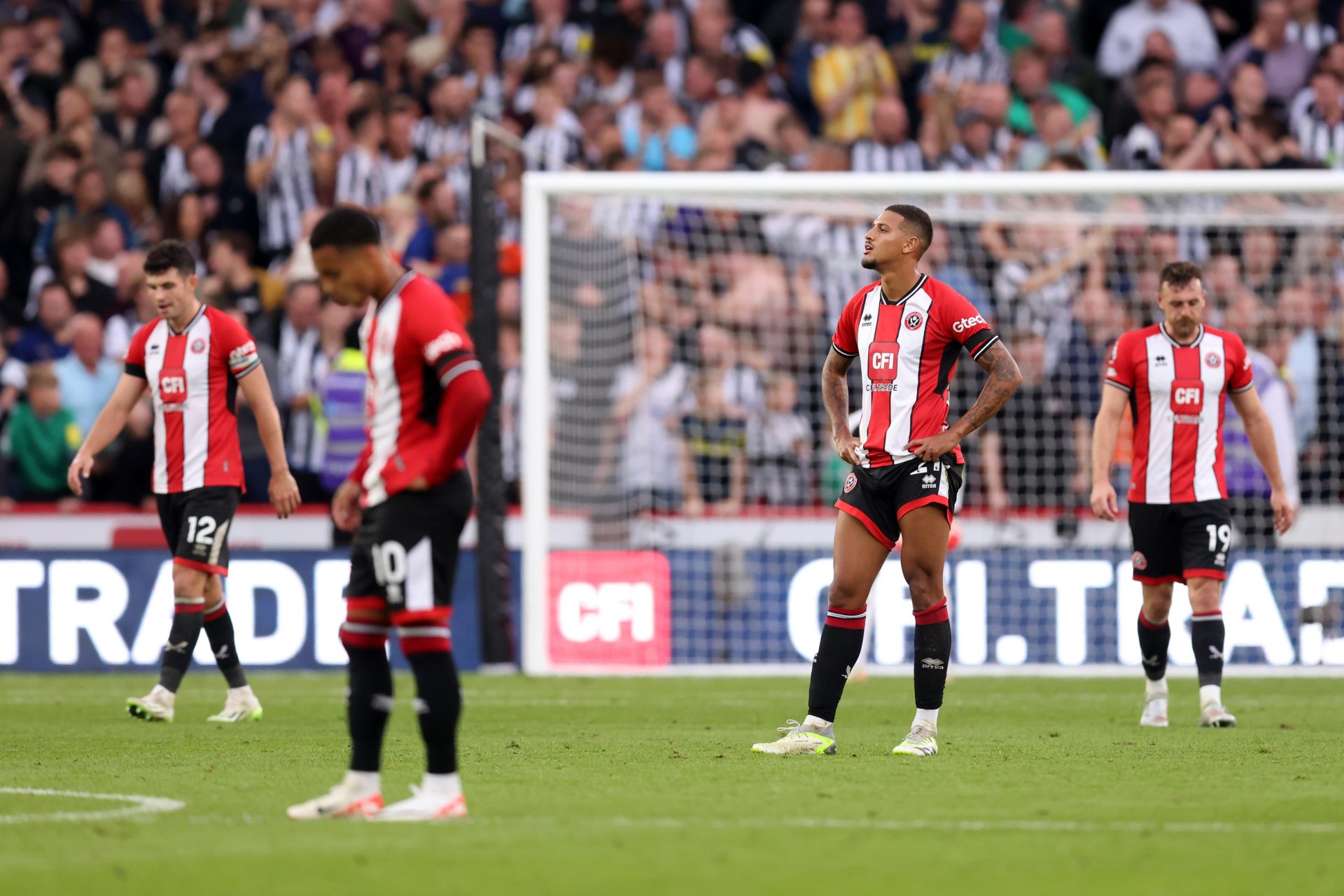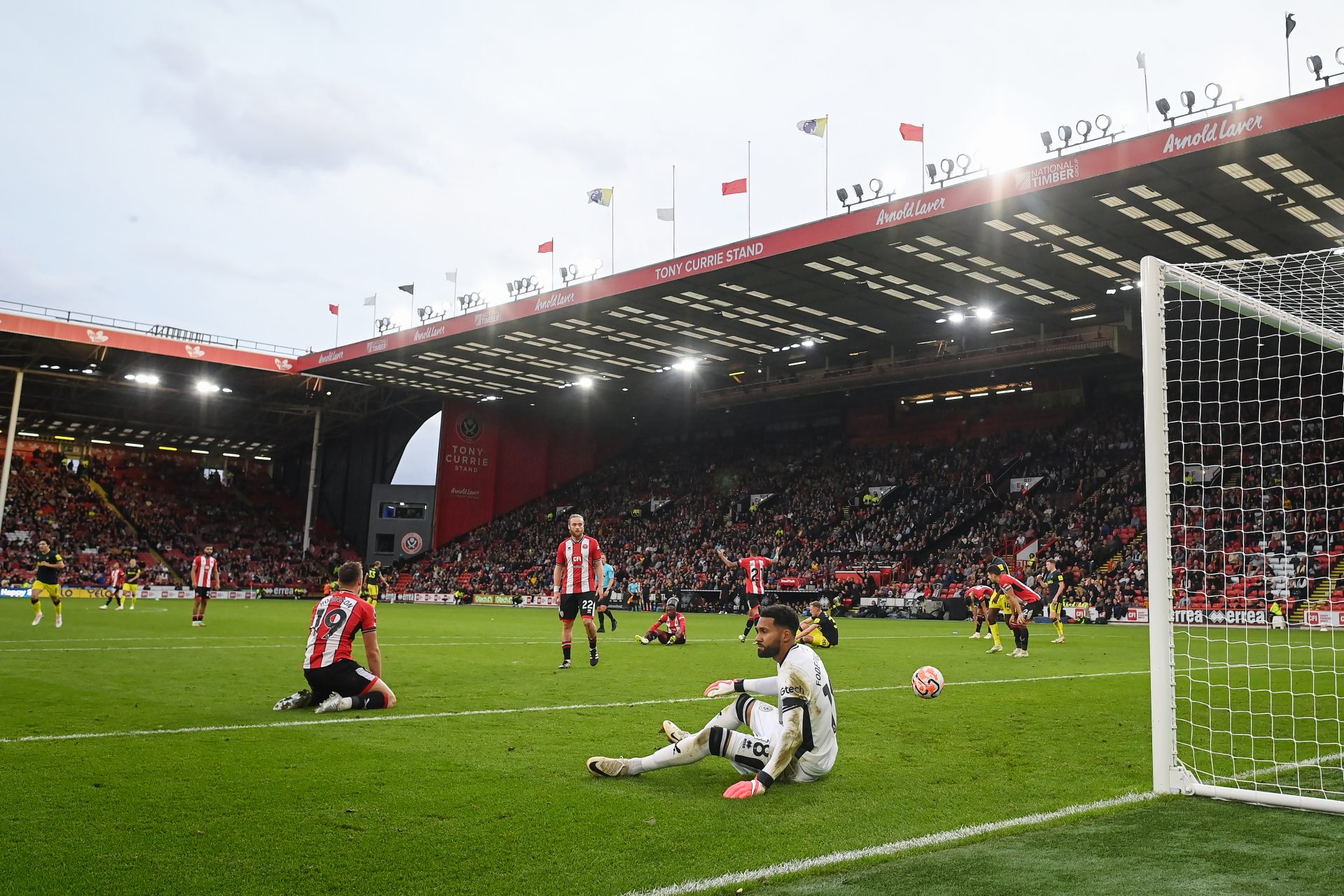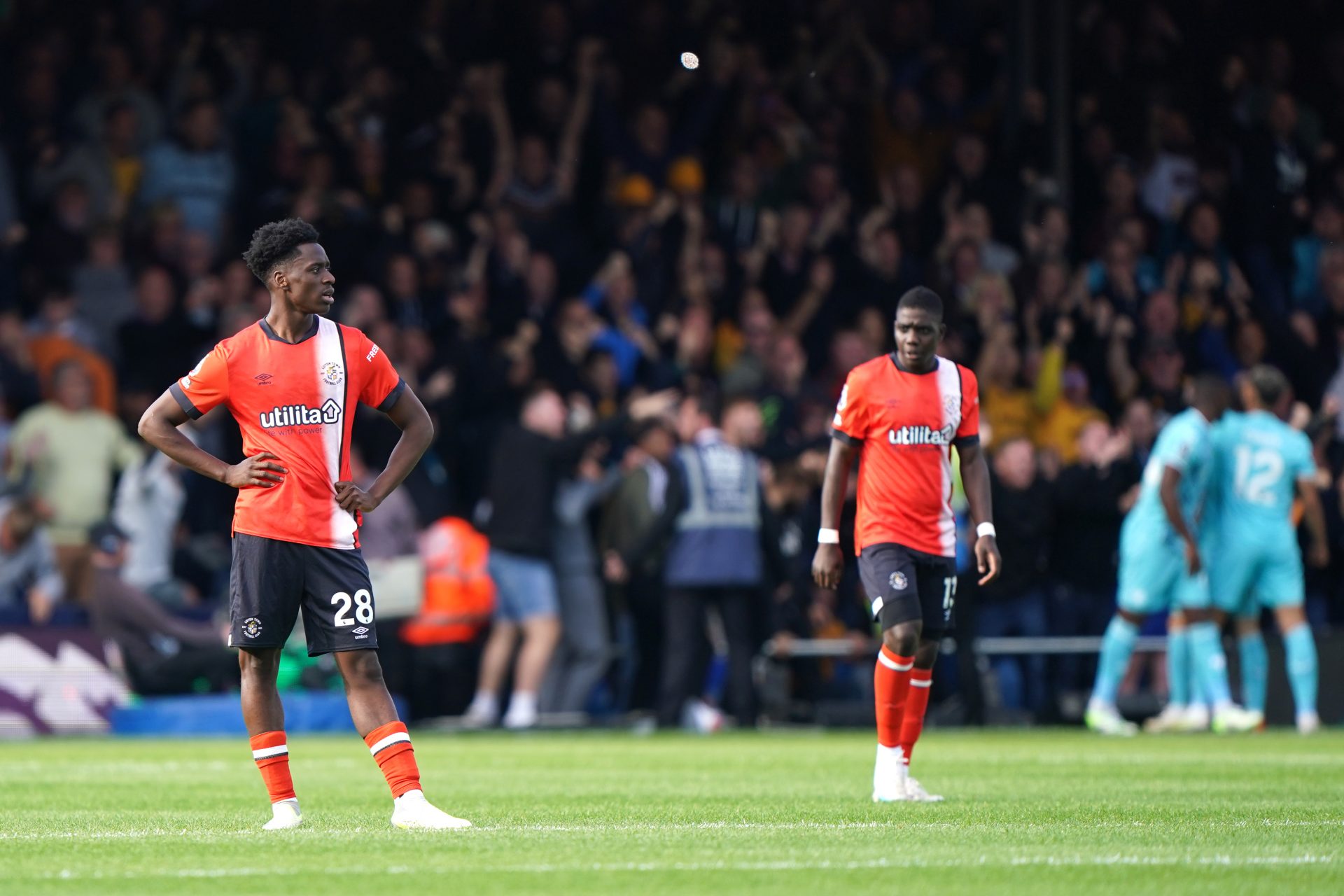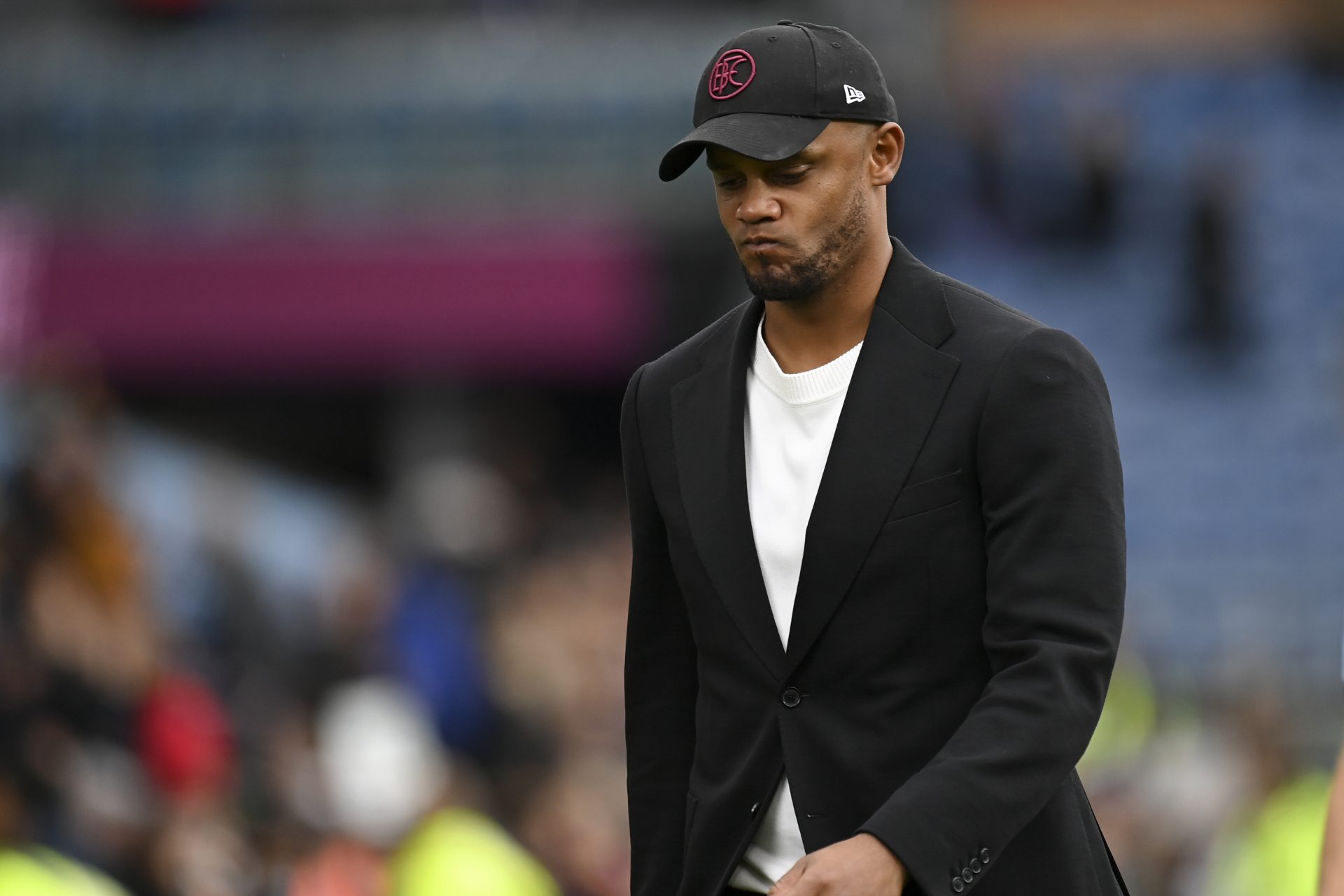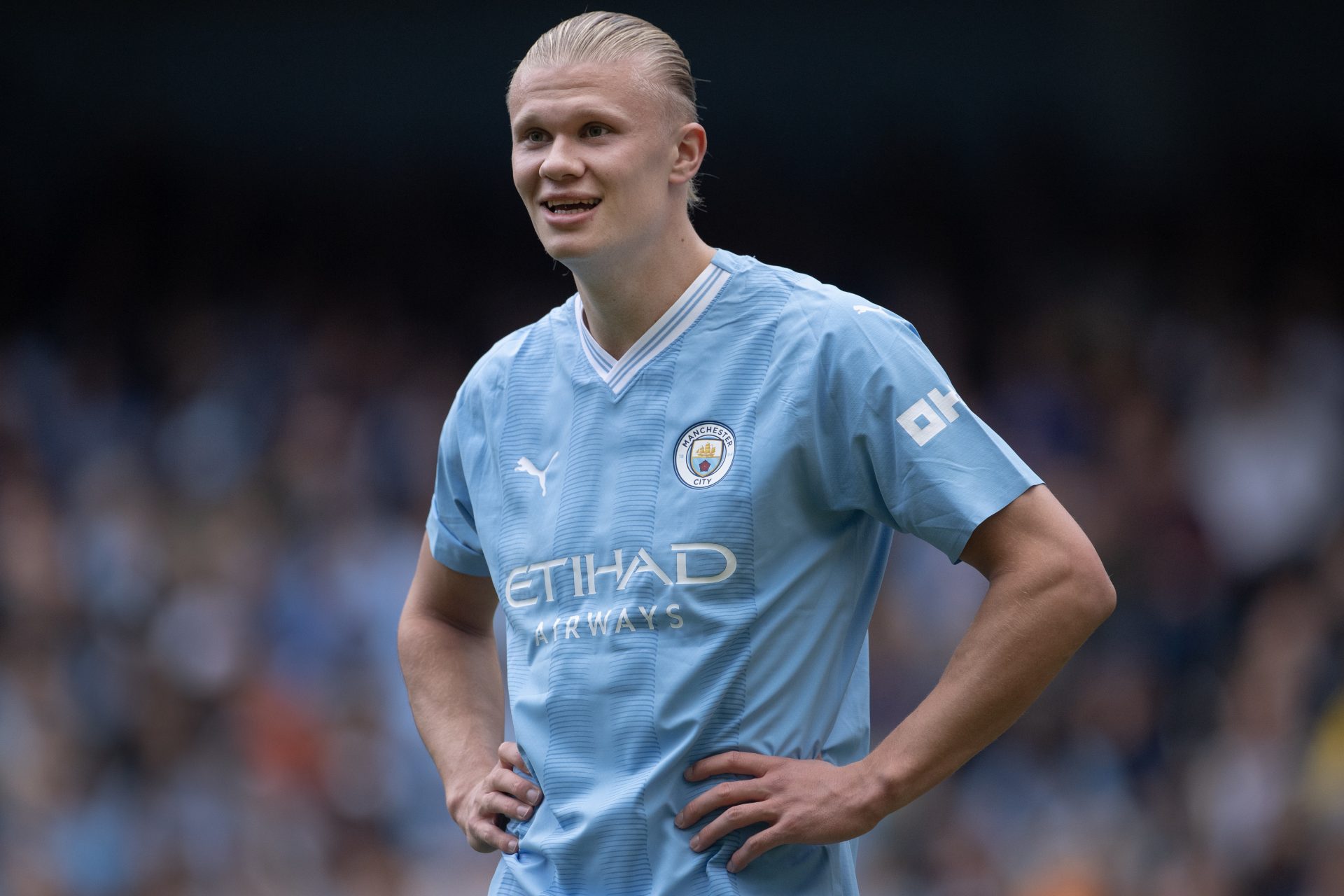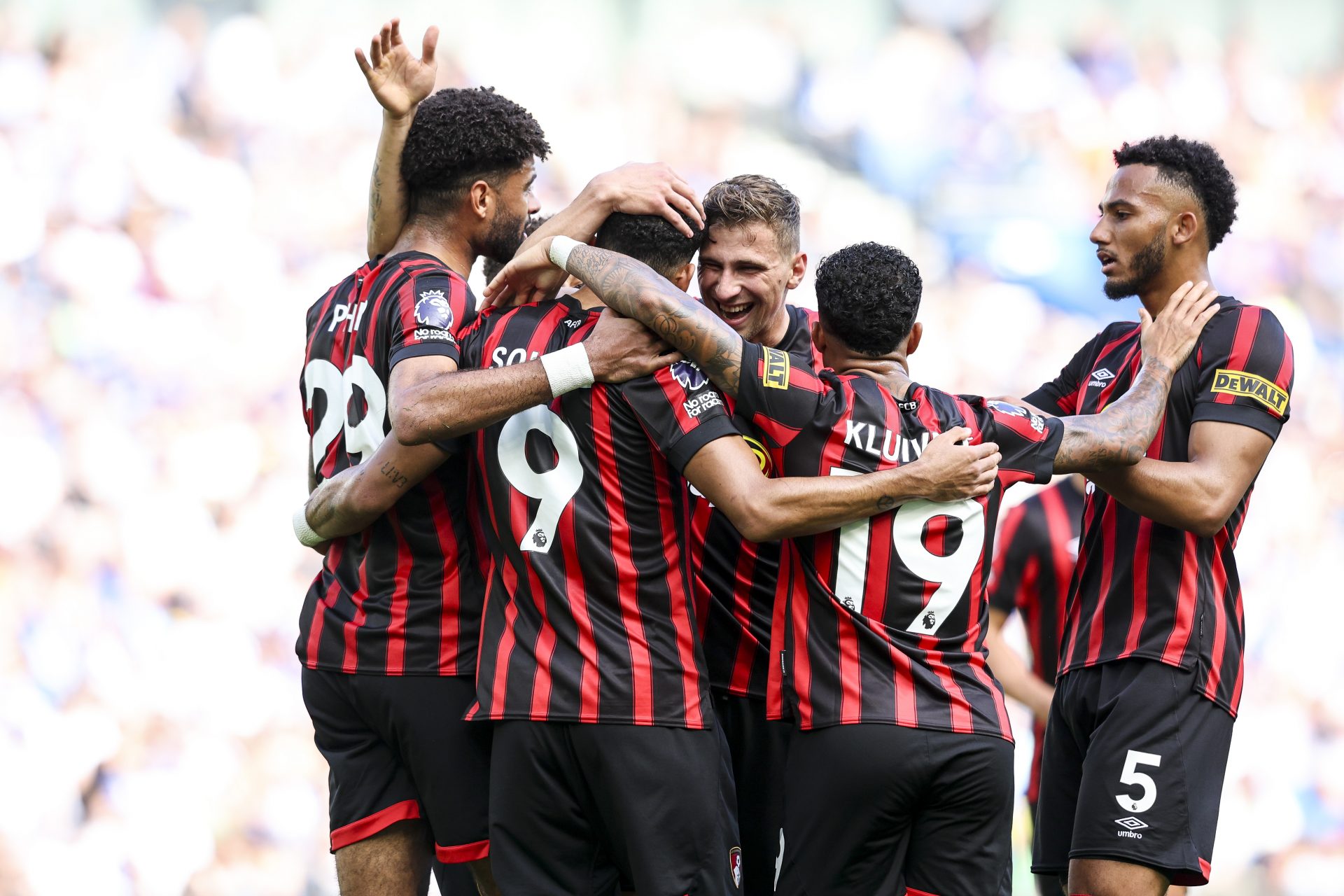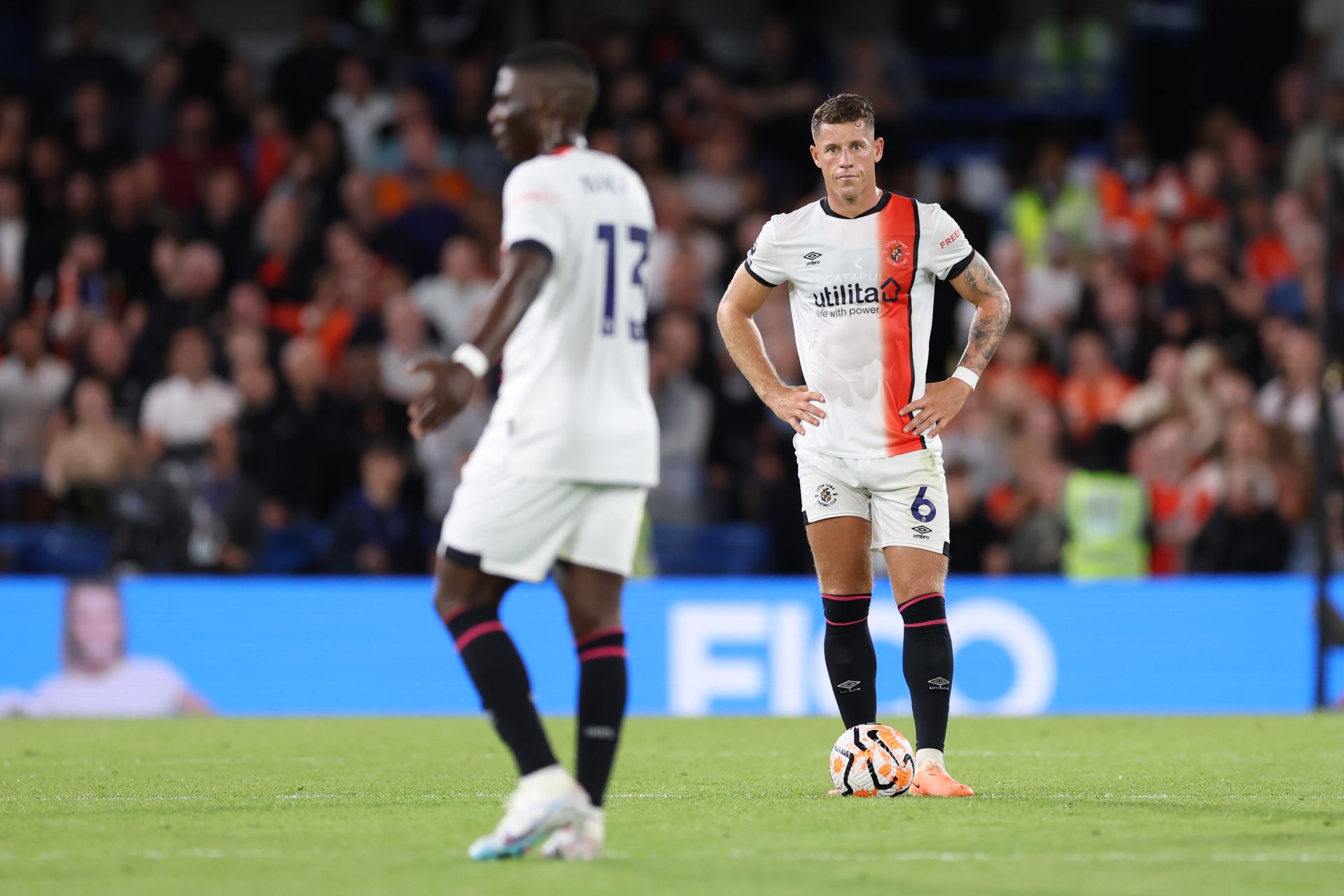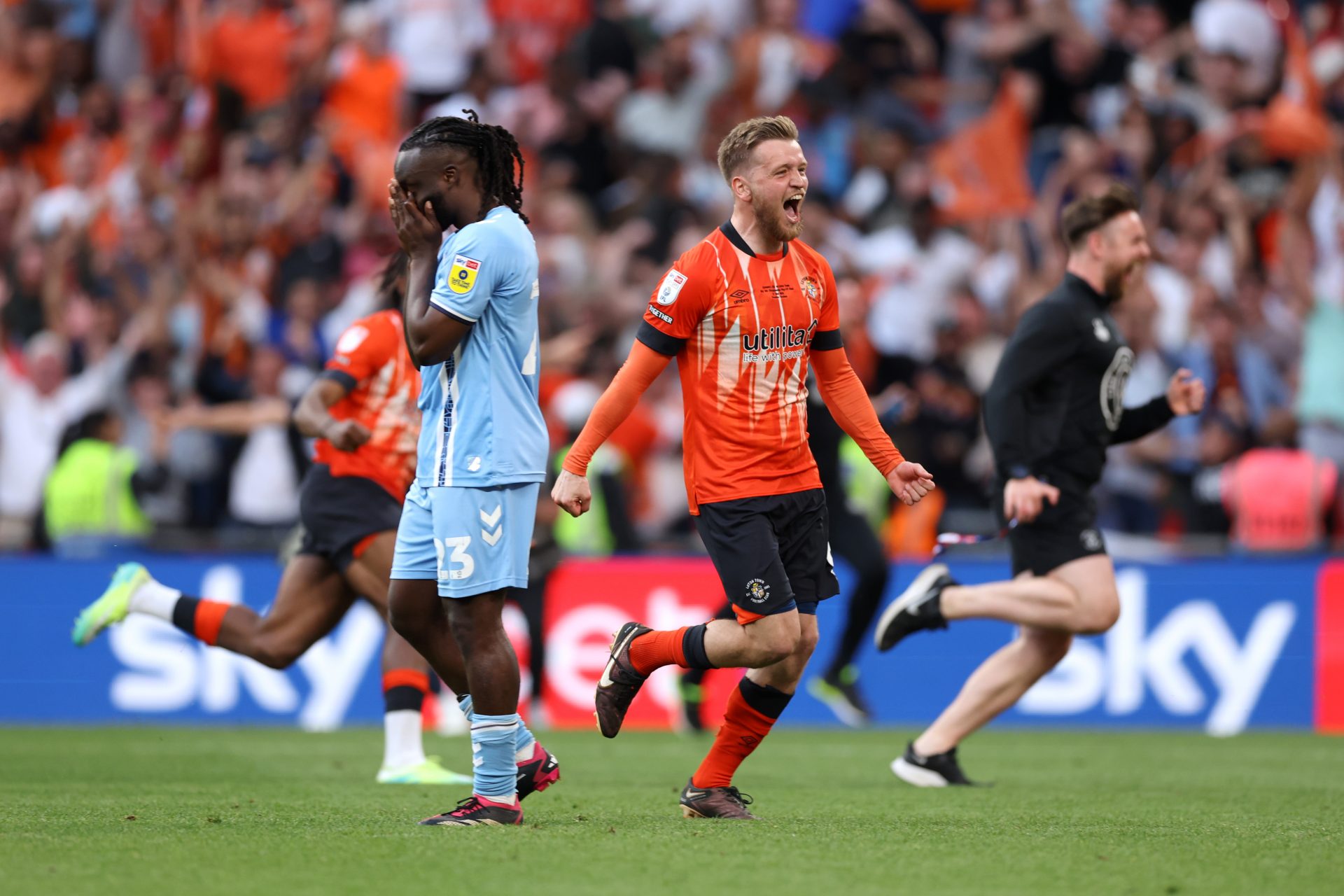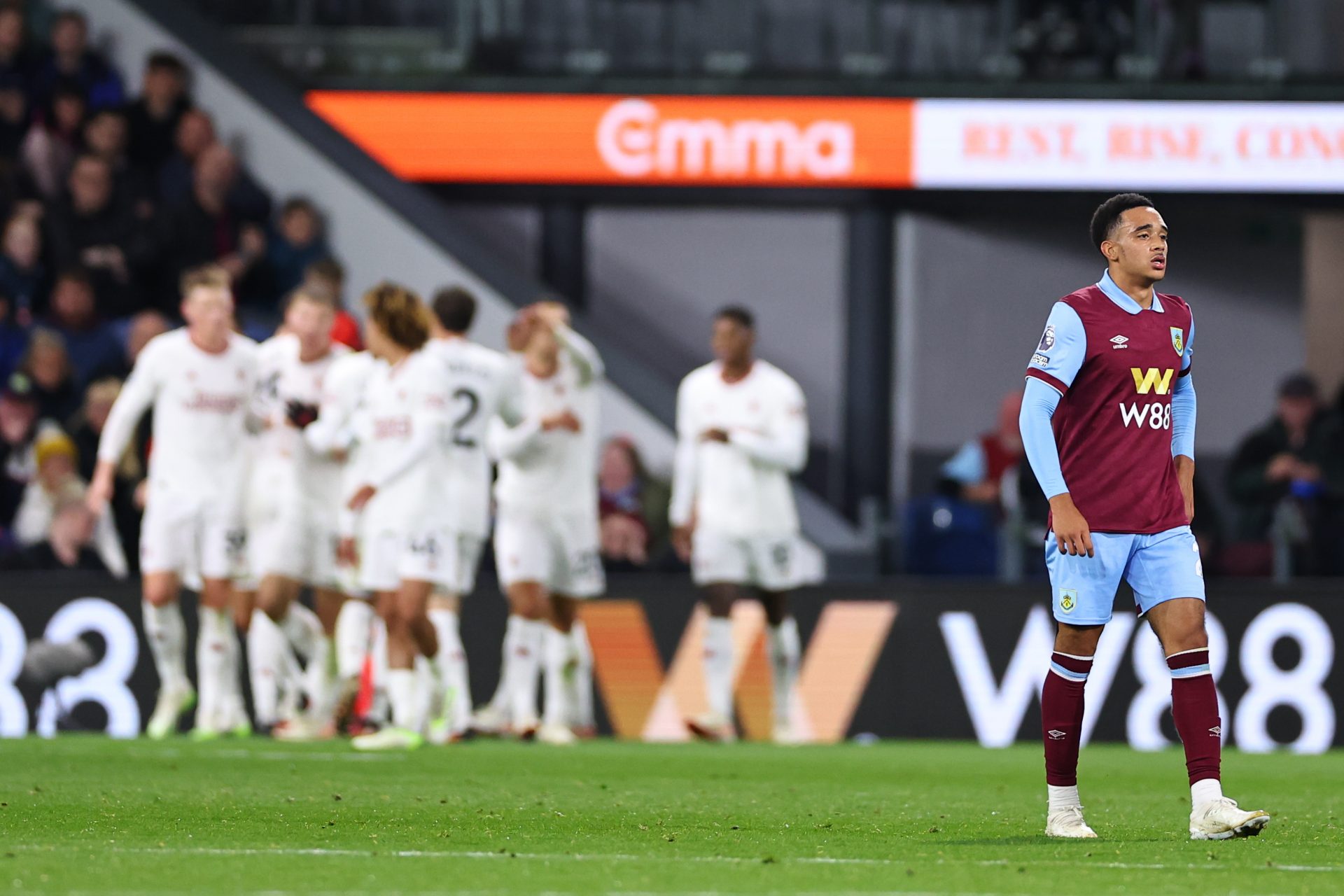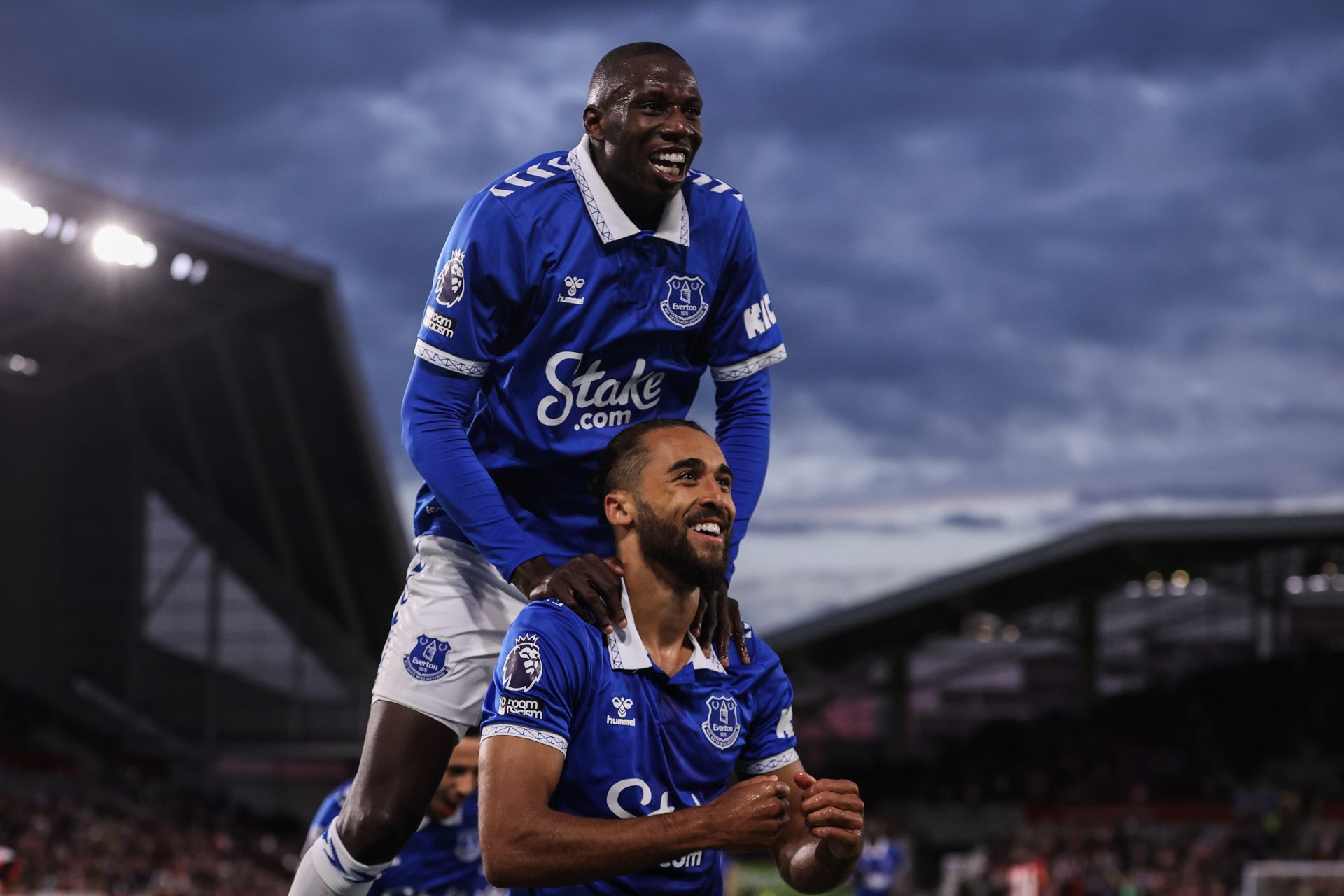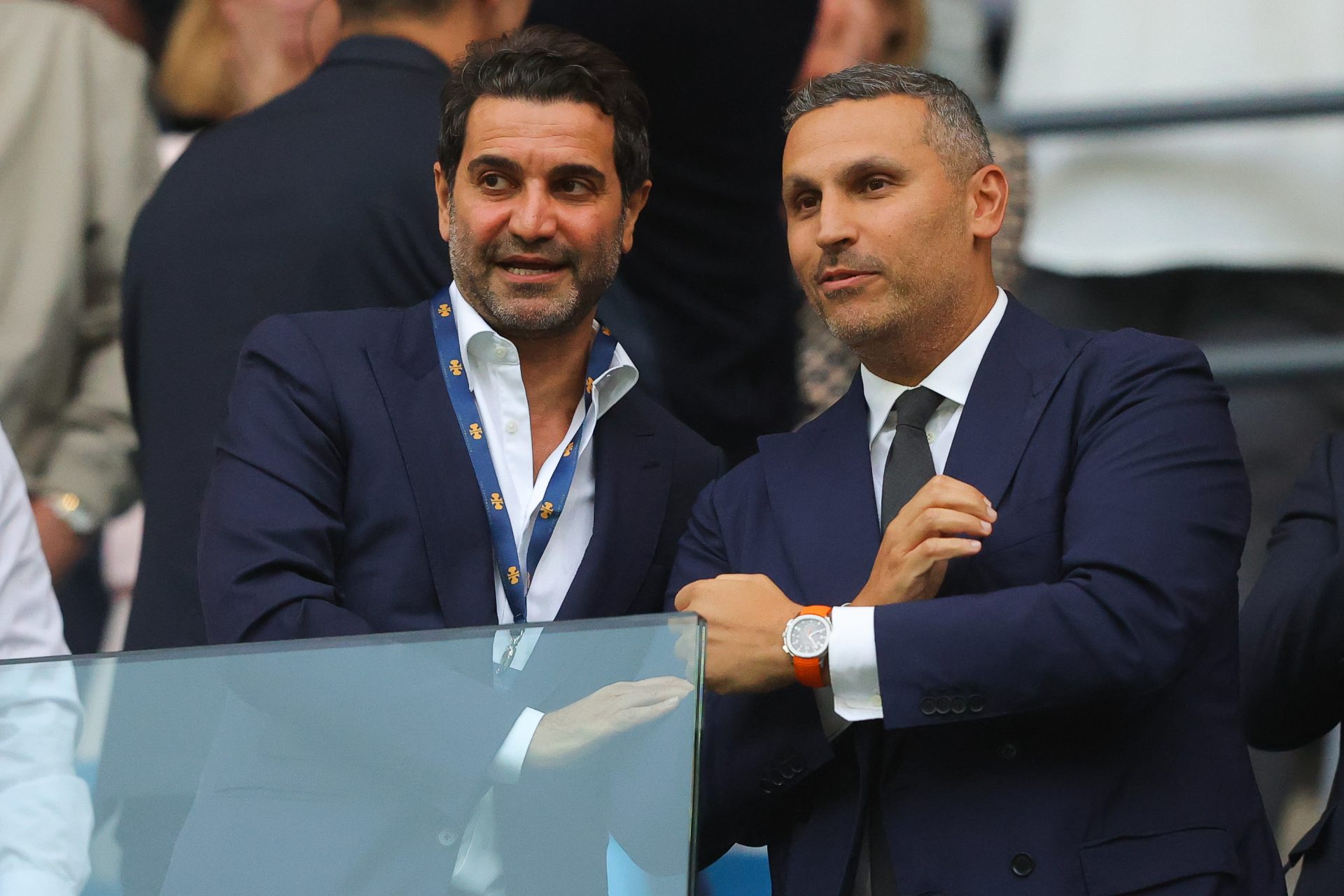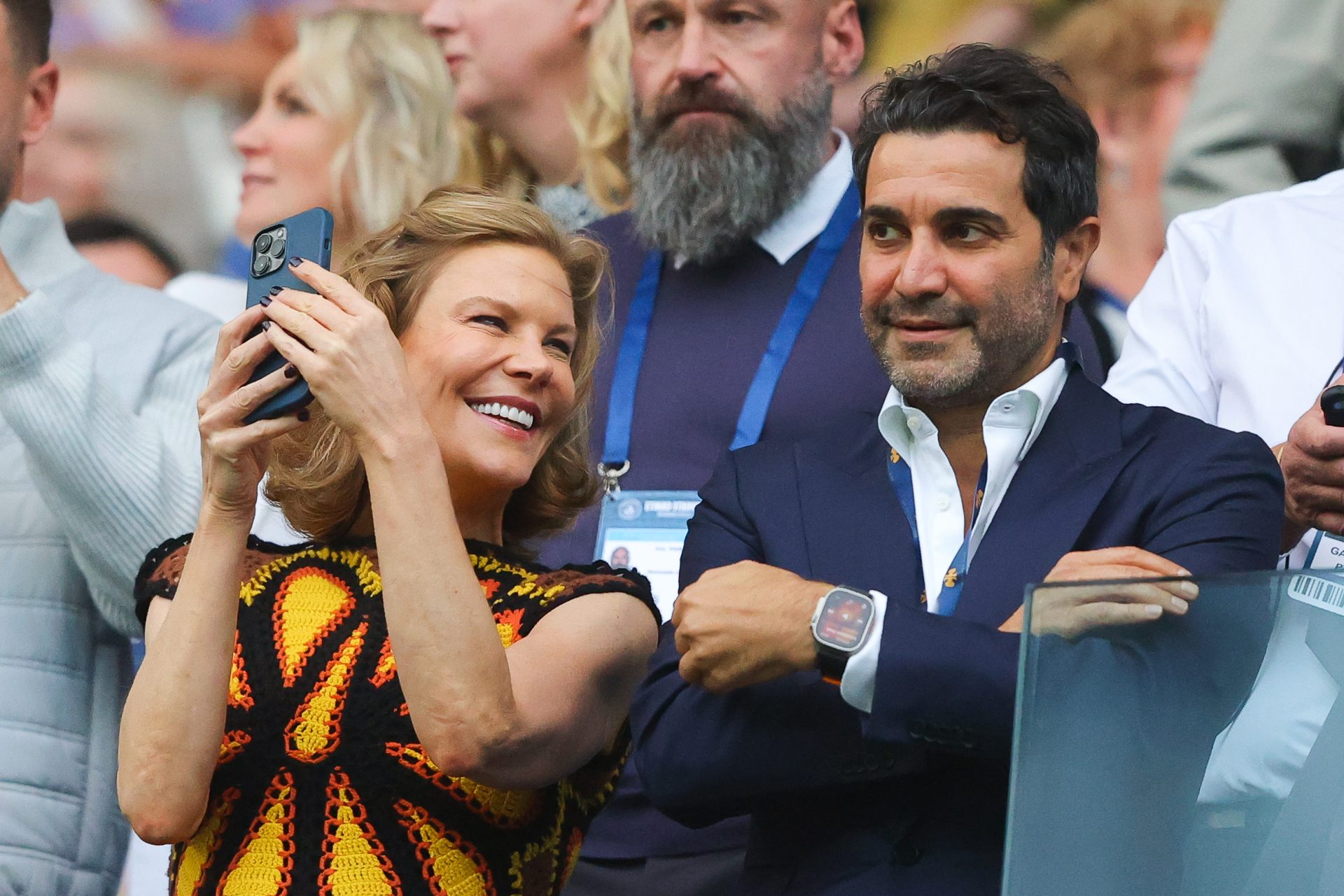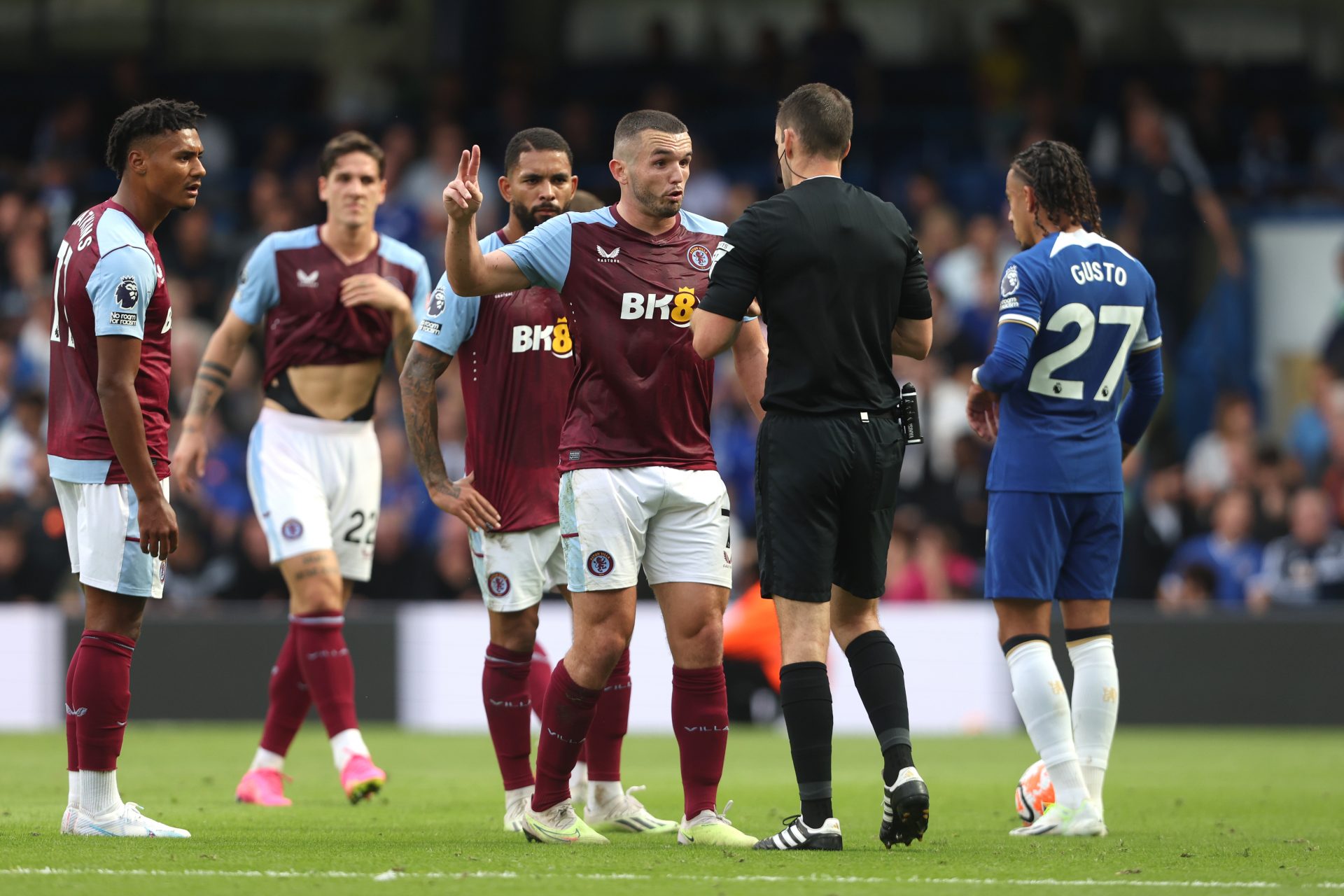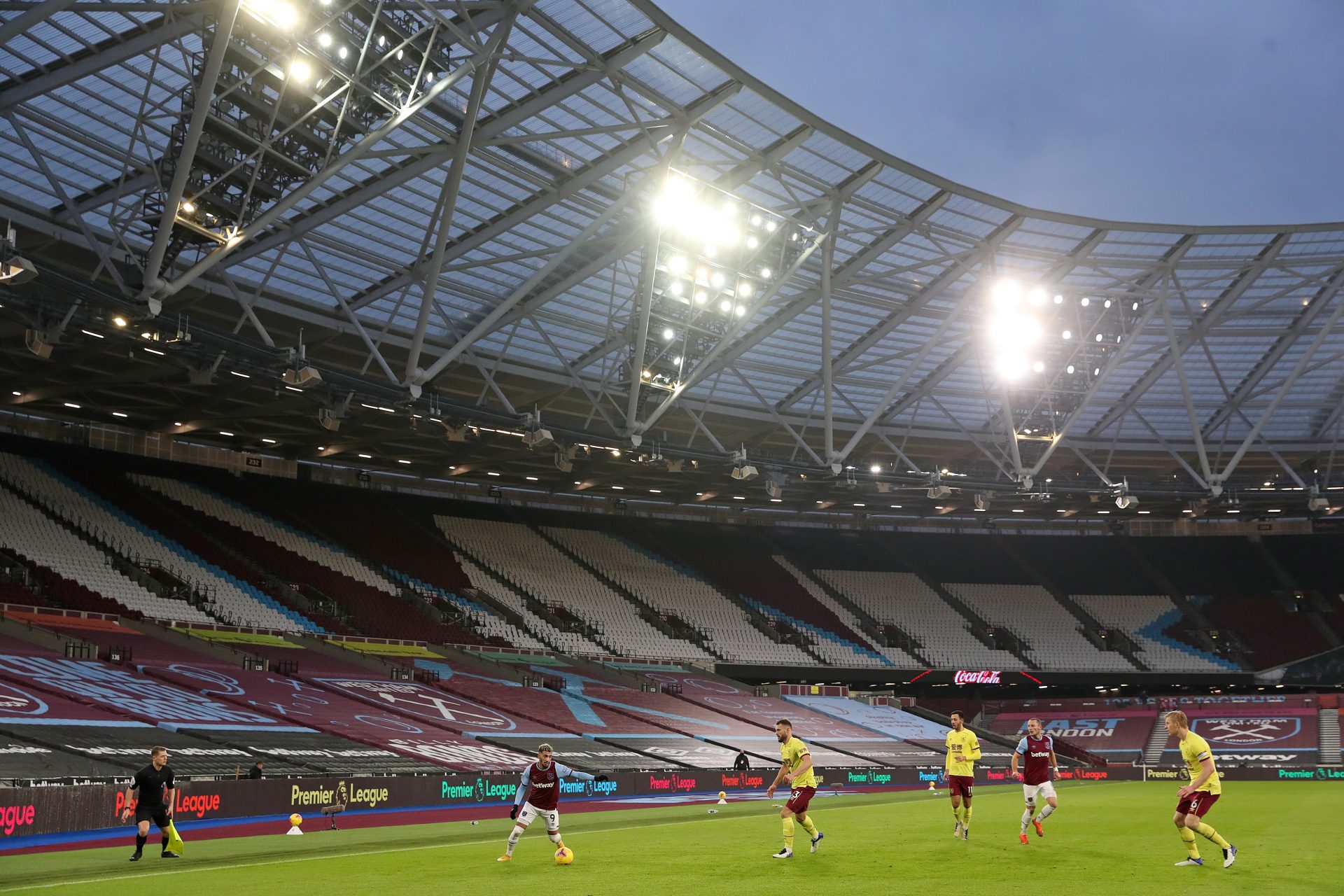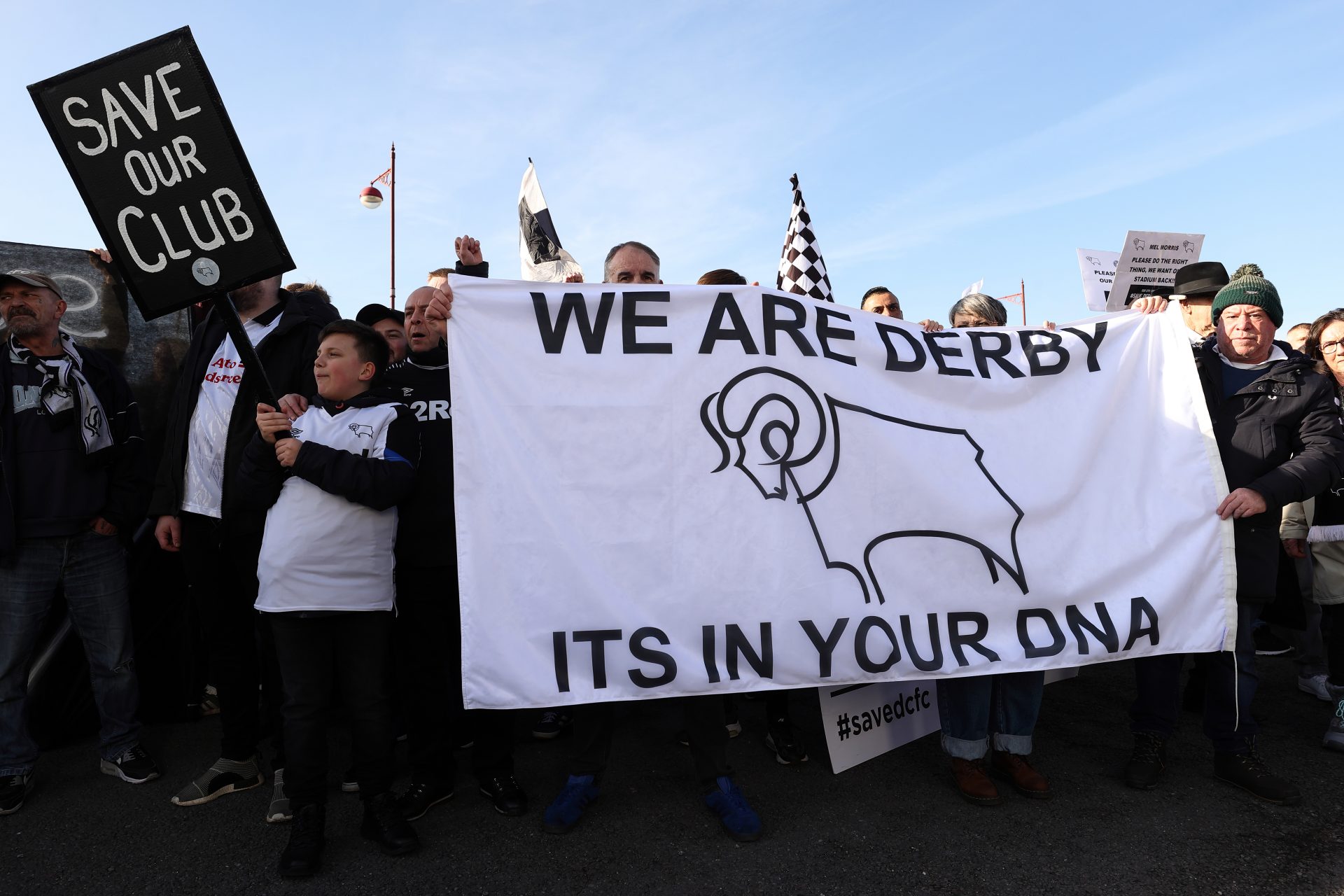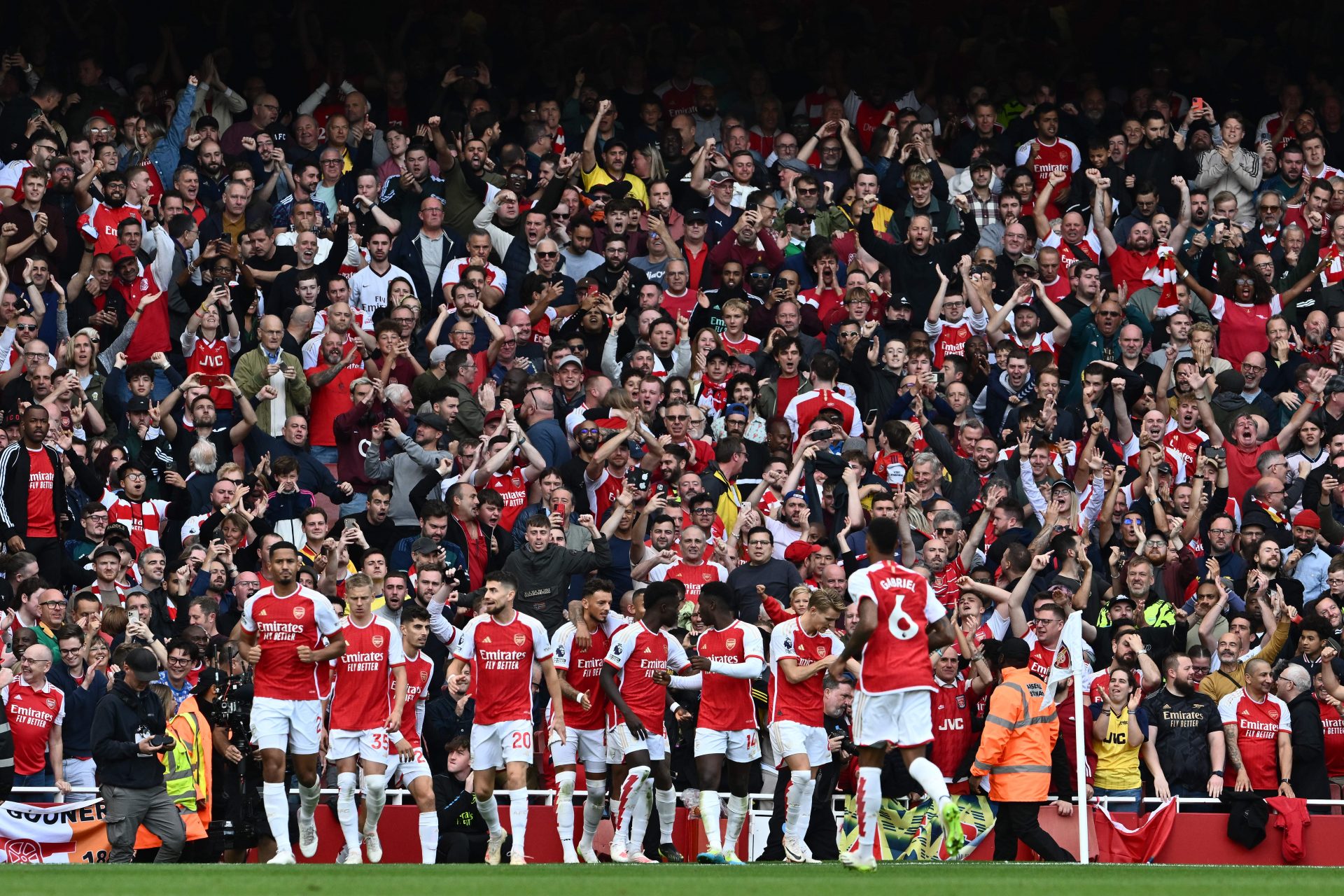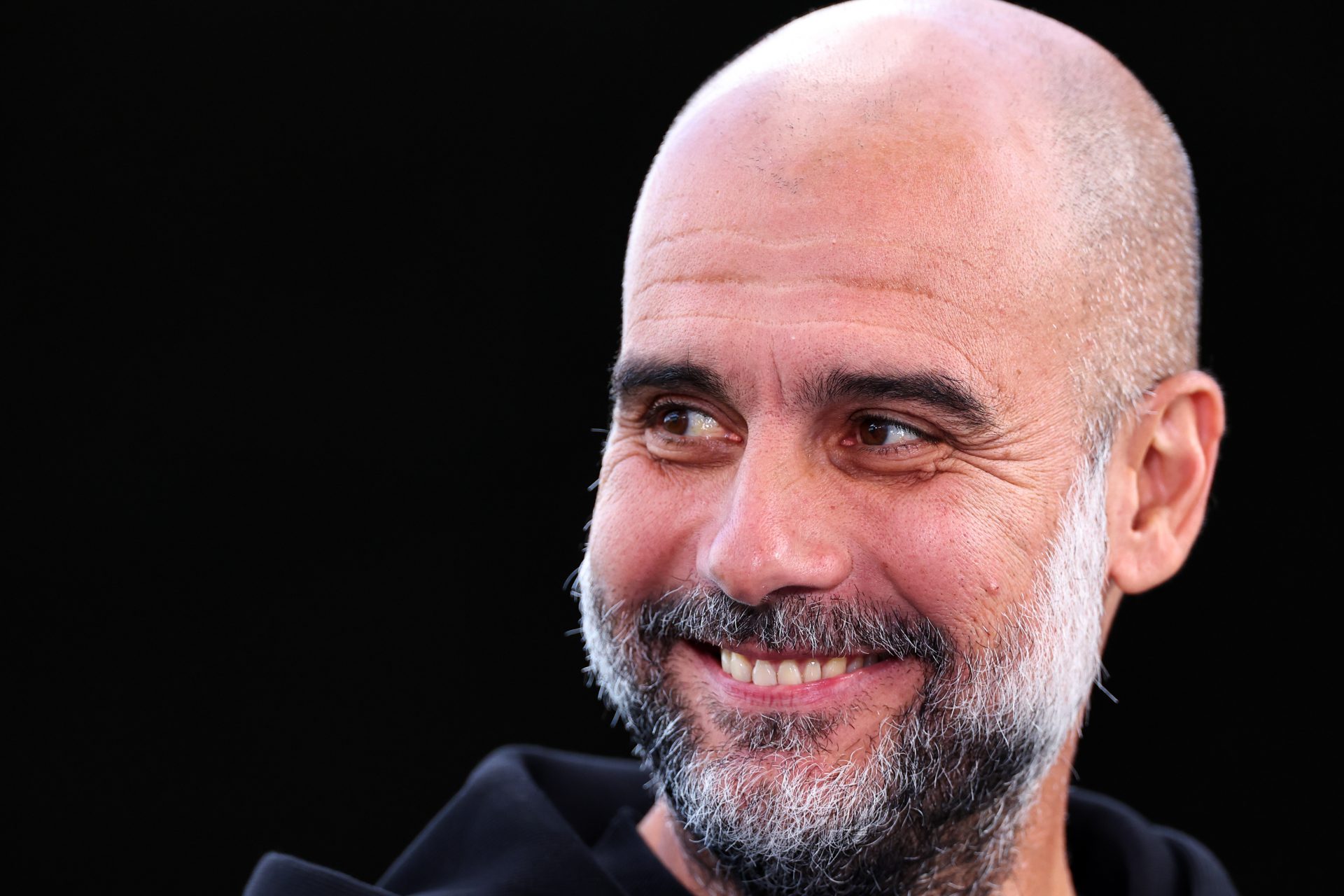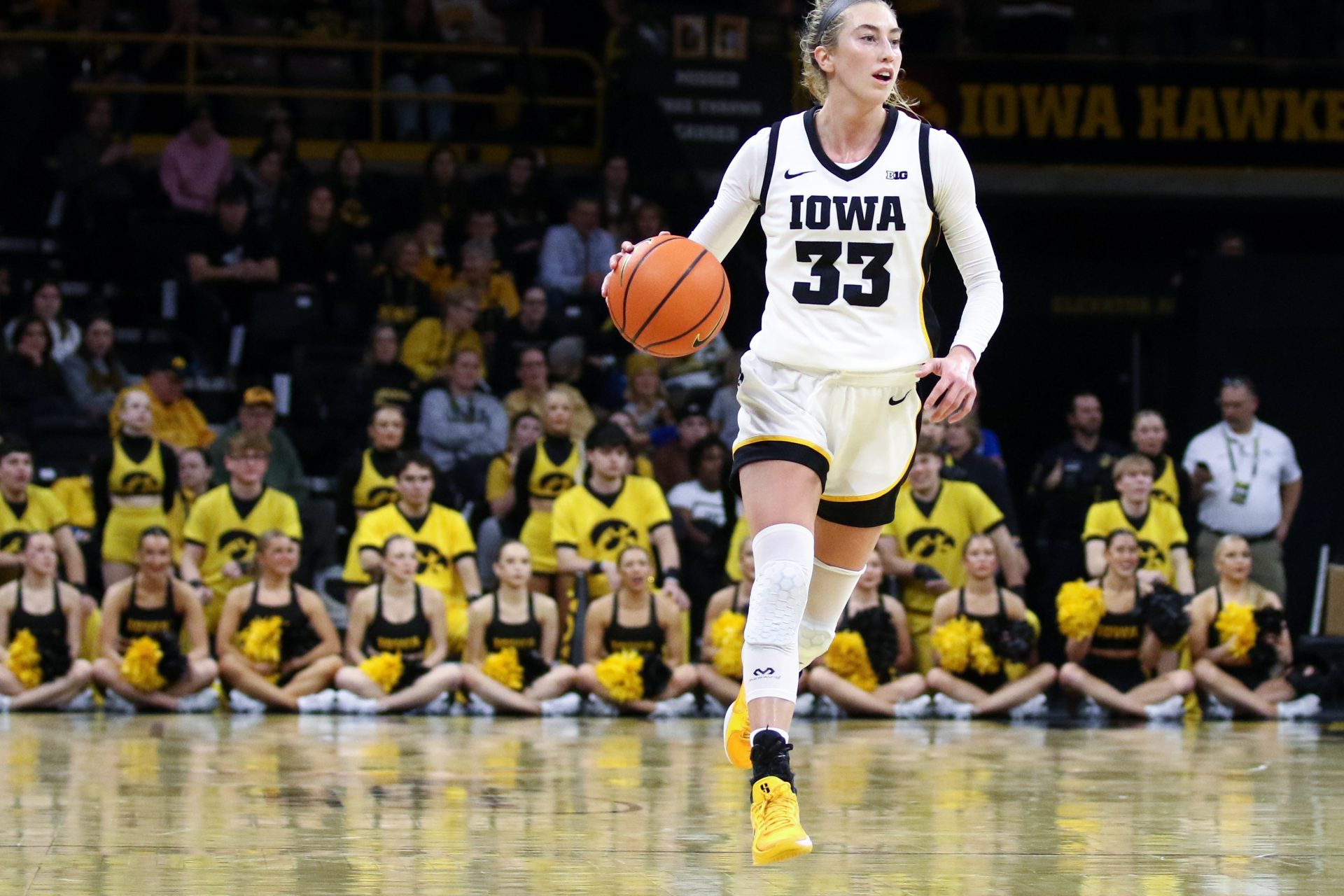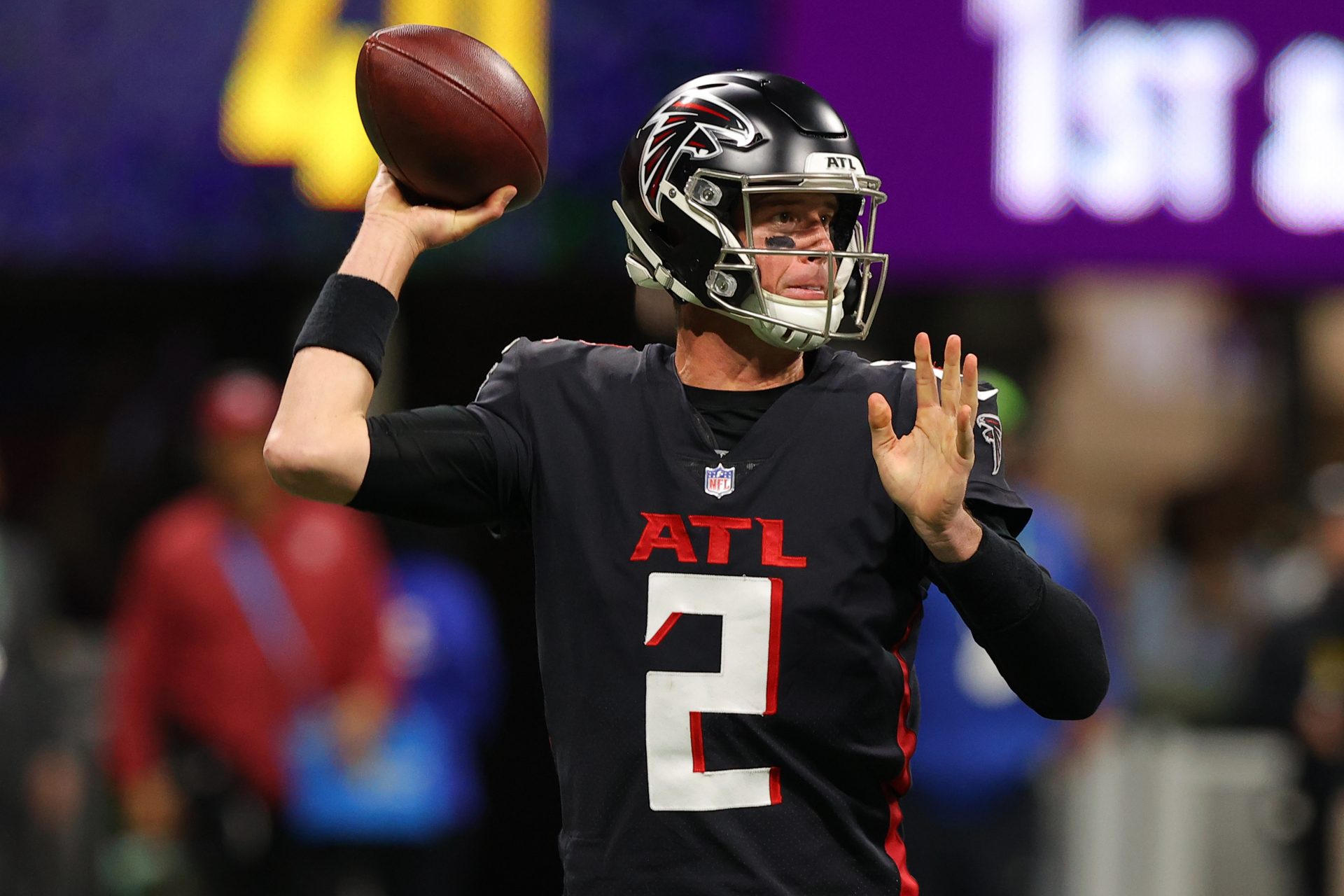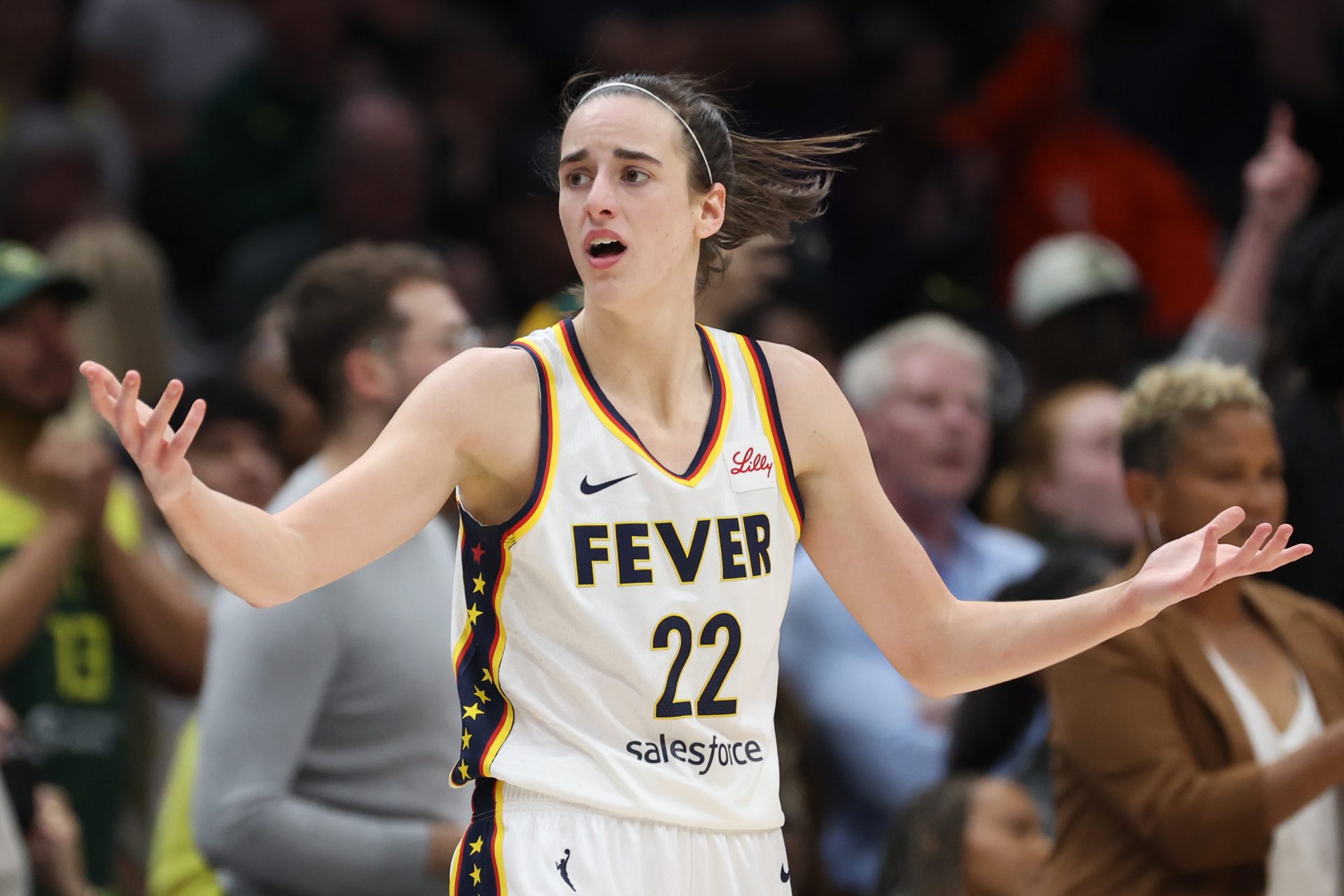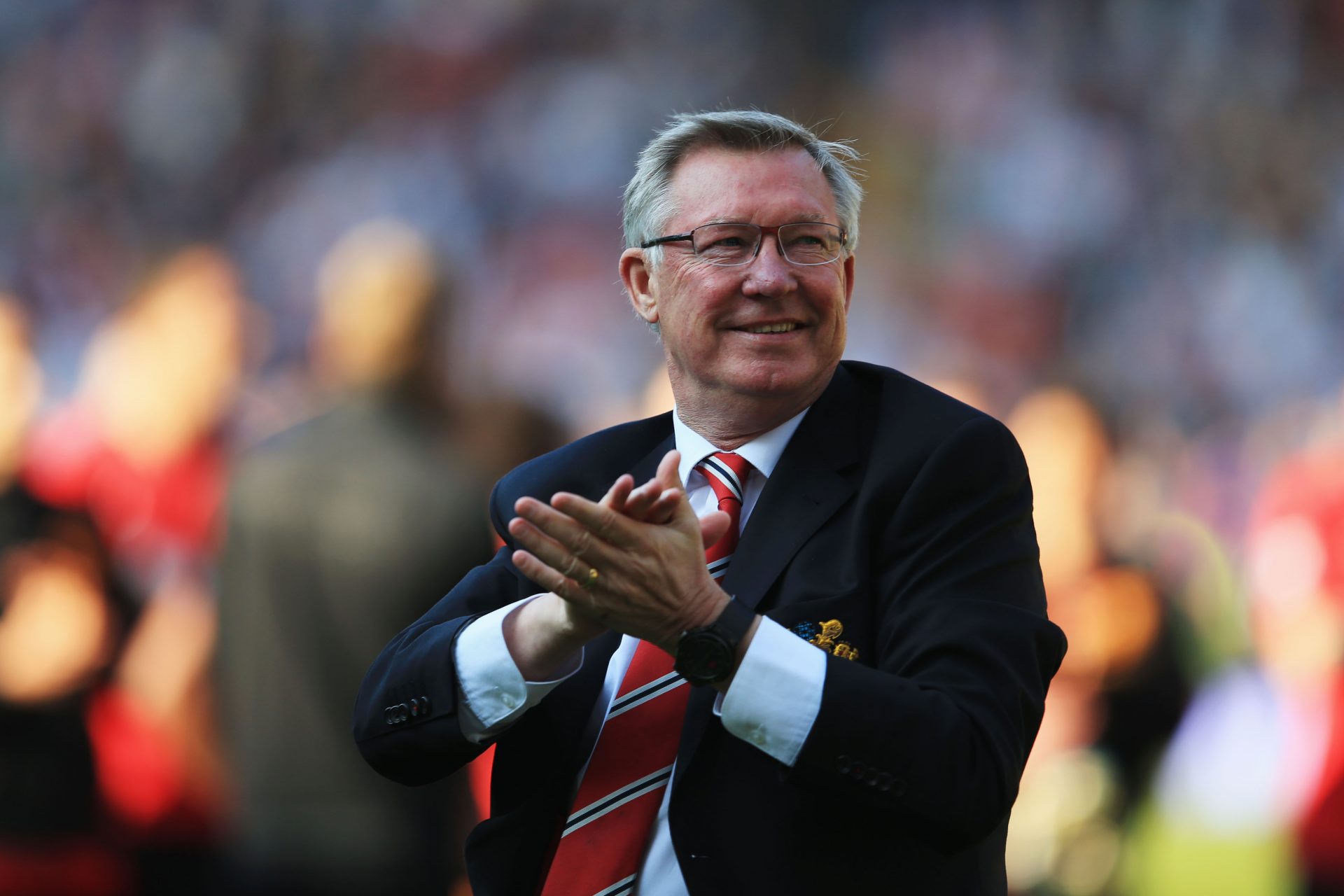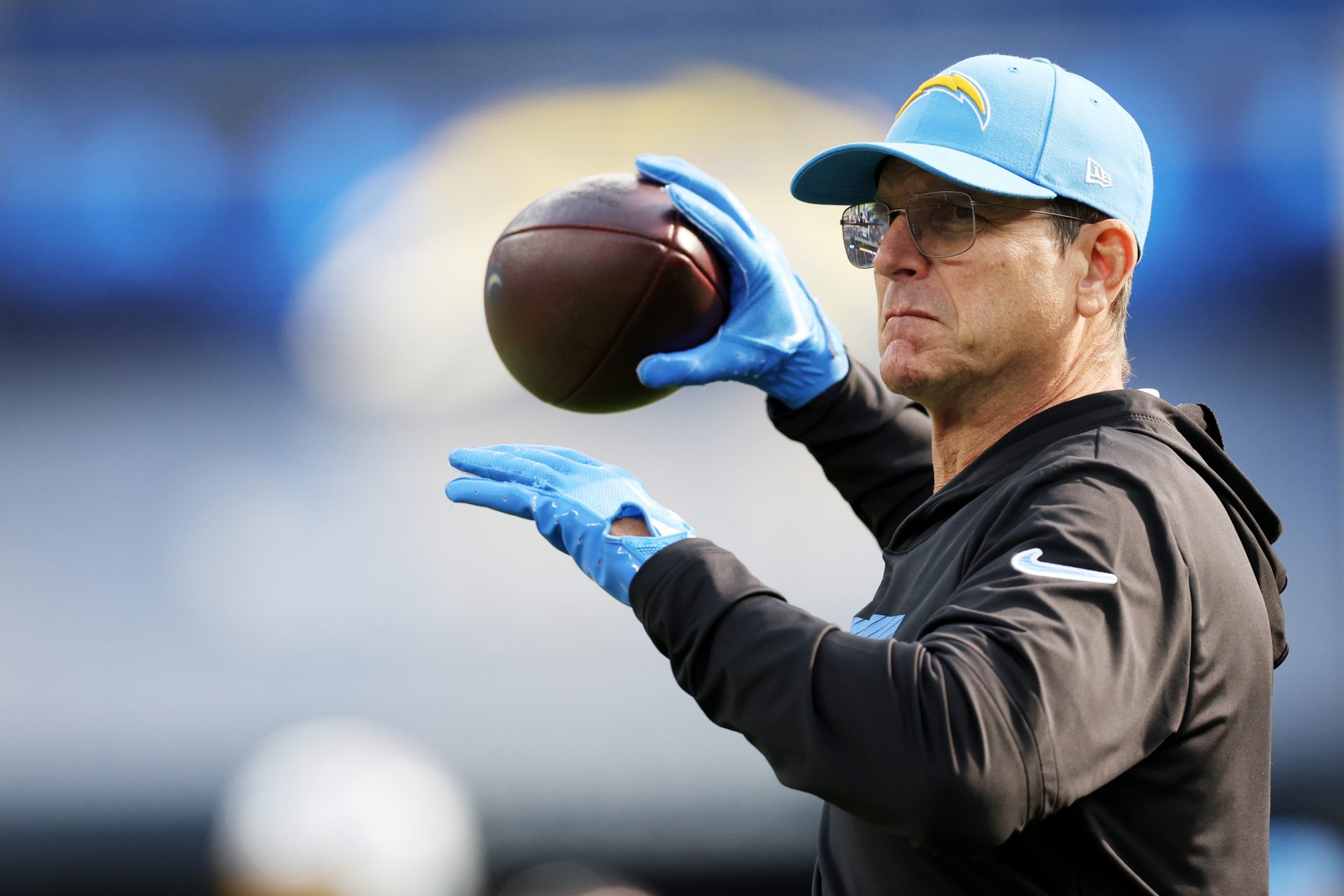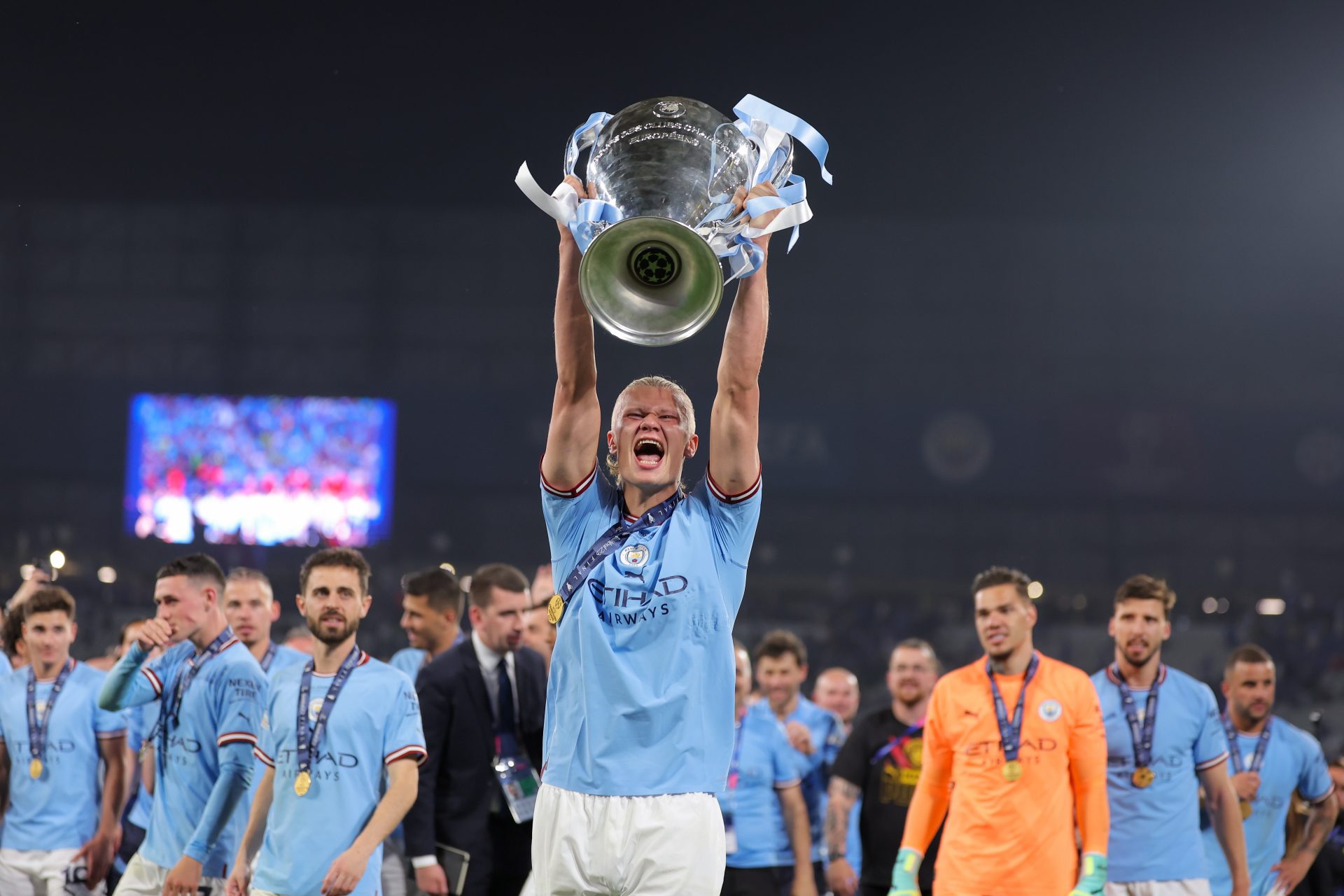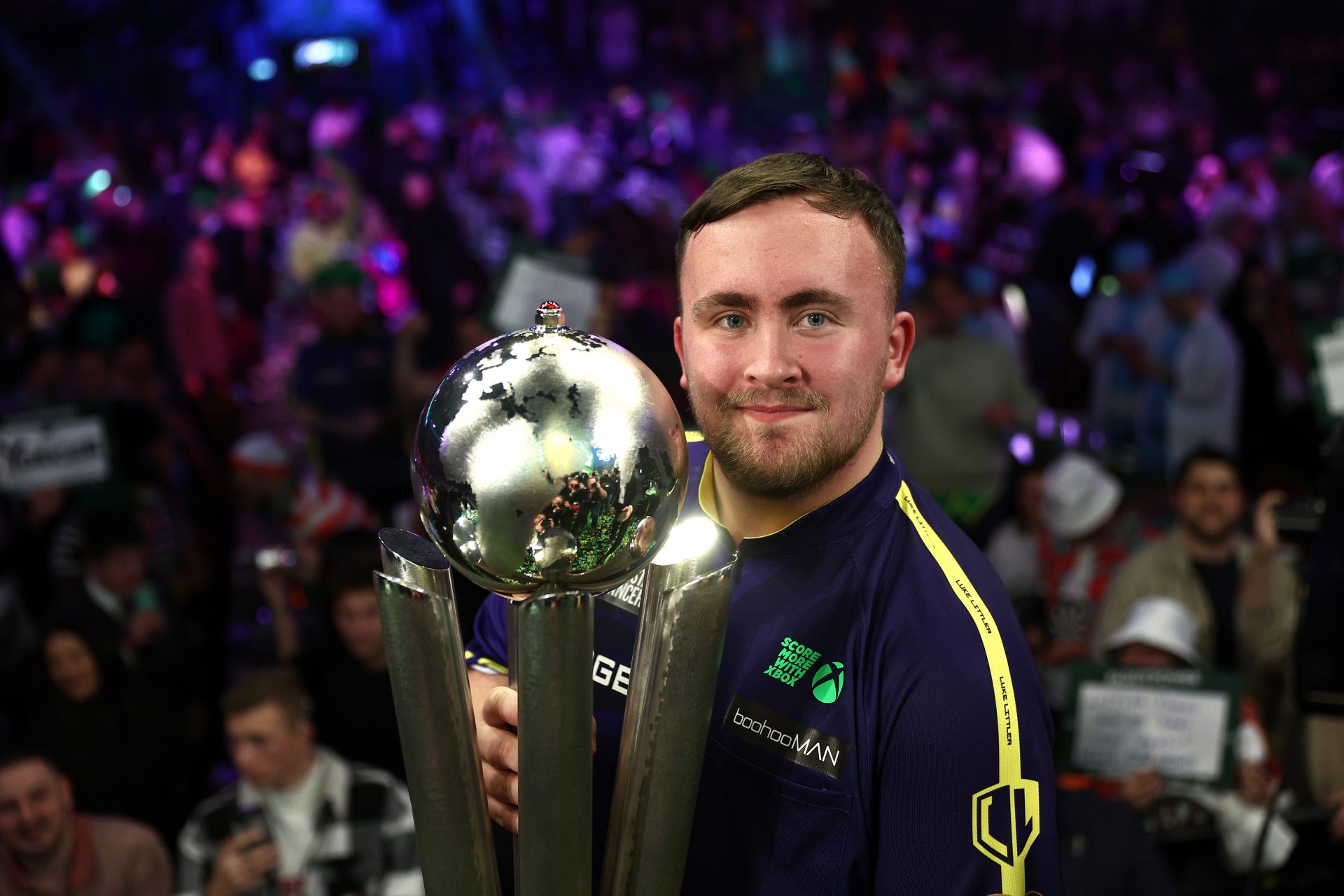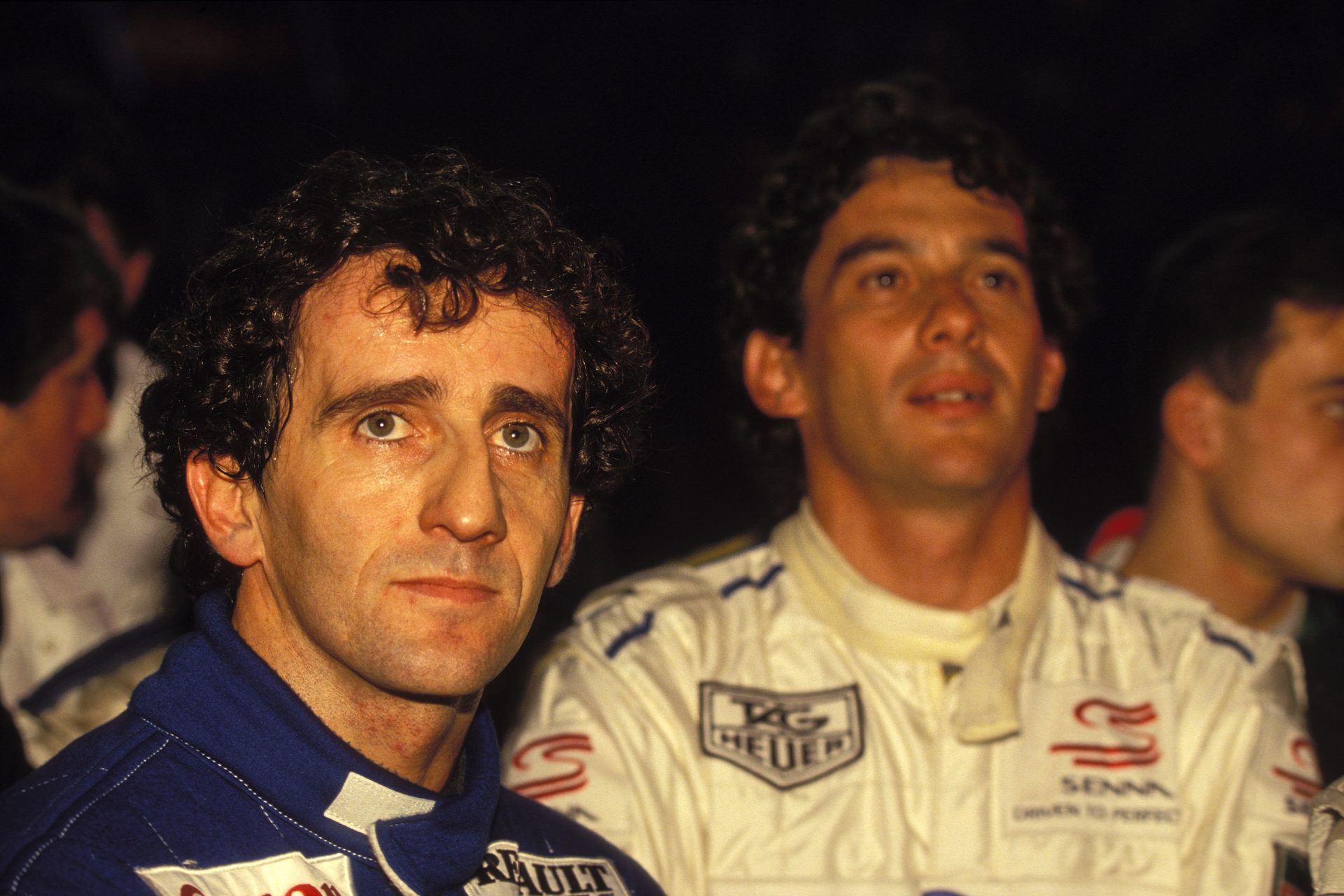Is the gulf between the Premier League and Championship ruining English football?
Newly promoted Sheffield United were defeated 8-0 at home to Newcastle United on Sunday, capping off a miserable start to their Premier League season.
Sheffield United have a single point from six games, sitting bottom of the Premier League with a -12-goal difference, but two other teams also sit at the bottom with one point.
The other two teams joining Sheffield United at the bottom of the league are Burnley and Luton Town, the three teams all promoted from the Championship this year.
The three newly promoted teams at the bottom of the league are a sign that the gulf between the Premier League and Championship is bigger than it has ever been, with each team struggling to compete in each game.
The Premier League is the biggest domestic football league in the world, and the investment in every club, with the money from TV and advertisement, is taking the league places further away from the Football League.
According to Birminghamworld.uk, Luton Town (20th) are worth £30.9M, Sheffield United (19th) are worth £83.3M, and Burnley (18th) are worth £113.3M. In seventeenth is Bournemouth, which is worth £208.5M, nearly 100M more than Burnley in 18th.
The net worth of the teams directly correlates to their positions in the league, showing the clear money barriers between the Premier League and Championship and the slim chances of becoming a sustainable top-division side.
The greatest thing about the traditional English football system is promotion and relegation and the uncertainty that comes with that, but with the ever-growing machine of the Premier League, we could reach a point where the top 17 teams never go down.
According to Sky Sports, this has been the worst start by newly promoted teams since 2004 (24 games without a win), with the three newly promoted teams going 16 games without a victory.
Speaking on Sky Sports Soccer Special, QPR manager Gareth Ainsworth said, "The gulf is just going to get bigger and bigger." Tim Sherwood also said, "If you're a team like Everton, it's a get-out-of-jail-free card this season."
One of the main factors creating the gap between the Football League and the Premier League is the rise in 'Super Owners,' with the top six clubs having unlimited cash at their disposal.
Manchester City's ownership under the Abu Dhabi United Group is worth $30 Billion, while Newcastle United's new Saudi-backed ownership has assets worth over $650 Billion.
According to figures from the Alliance Fund published in April 2023, Premier League clubs have borrowed £4.1 Billion in the hope of remaining competitive and keeping in the mix to buy the best players and pay their wages.
Since the COVID-19 Pandemic, two-thirds of Premier League clubs are loss-making, with those in the red accumulating $1.6 Billion in losses during the 2021/22 season.
However, despite the Premier League clubs making losses, the effects in the EFL have been much more detrimental, with Reading, Wigan, and Derby also being relegated due to unpaid tax bills to HMRC.
The effects of COVID and the rise in borrowing to compete with 'Super Owners' have created a player gulf in quality far too big for Football League clubs to compete.
This season looks to be the first of many where the pandemic and the Premier League's money are showing that the league is now an exclusive club and not a place you can get there on merit, subsequently ruining the English football pyramid.
More for you
Top Stories



